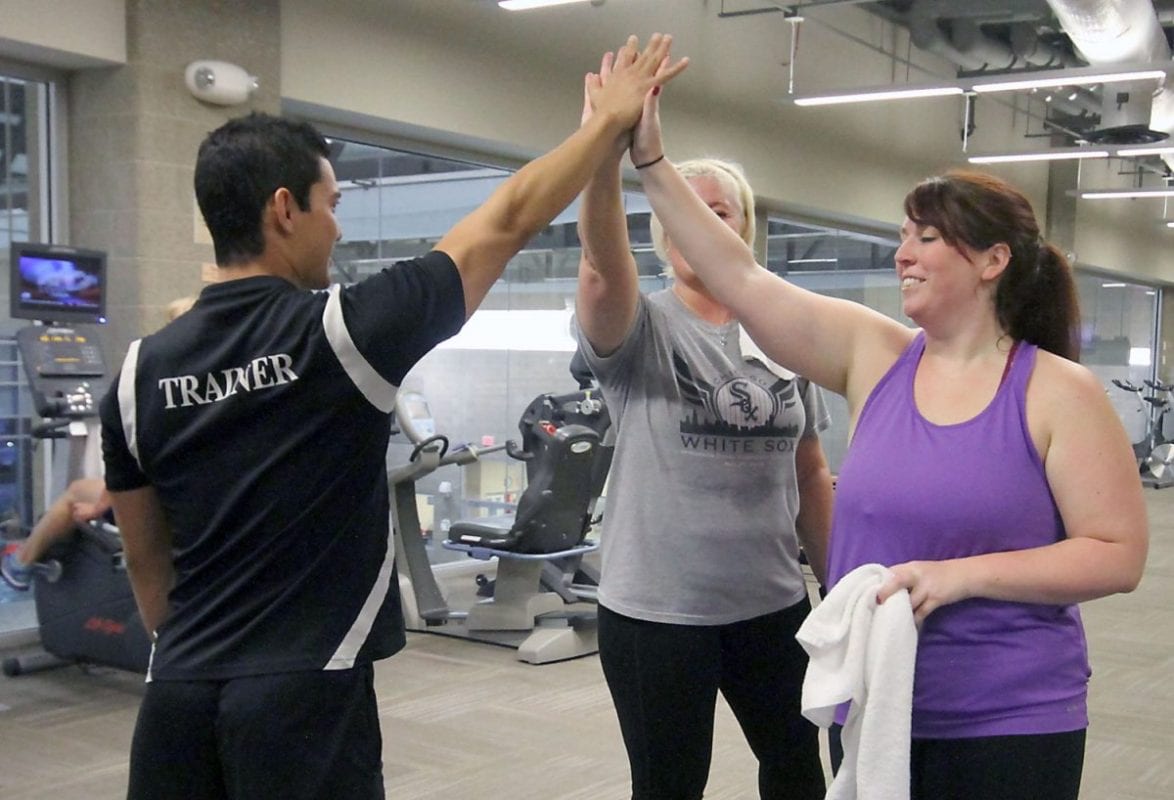Most people quit their fitness programs because of so many factors, including barriers like emotional struggles or a general lack of support. If you are experiencing this, you may need to seek help from fitness counselling.
No, a fitness counselor is not the same as a fitness coach or trainer. A fitness counsellor does more than give you workout routines. They provide you professional advice and help you in so many ways. The following are four ways how counselling can help you reach your fitness goals when you’re struggling.
1. Counselling provides motivation better than health apps.
The majority of people quit their fitness programs within three months of starting when they don’t have a fitness counselor. This is because some people embark on health and fitness journeys and even use apps to help achieve their fitness goals.
- Better than health apps: Having a counselor by your side can help motivate you better than seeking advice from your device. In fact, providing you with motivation is one of the essential tasks of a fitness counselor.
- Personal: Having a fitness counselor is more personal and efficient than having a fitness app on your mobile device. It helps you feel better knowing that someone wants to see you achieve your goals.
- Multiple roles: A fitness counsellor plays a few roles, such as being your dietician and primary care physician. A health app cannot do those things! The multiple roles they play help keep you on track with your fitness journey.
2. Counselling improves your emotional health.
Fitness counseling helps you deal with your emotional health, which is just as important as physical health.
- Helps manage your emotions: counselors help you manage the roller coaster ride of keeping up with your fitness lifestyle. They are the best resources for building your mental strength to endure and achieve your fitness goals.
- Your teammate/partner: A fitness counselor provides encouragement and support by helping you overcome physical and emotional obstacles involving fitness programs. They become your partner in achieving fitness goals together.
- Set realistic goals: They help you set realistic fitness goals, find motivation to workout, develop strategies that will make you stick to your schedule, and support you in challenging any unhealthy habits that hinder the way to your fitness success.
3. A fitness counselor helps you save time.
Having a fitness counselor saves time in that they help you formulate a more efficient path to your goals.
- Designs feasible plan: They help you in designing a fitness plan that fits your needs, such as your schedule. This ensures that your fitness lifestyle does not obstruct your other daily activities and that there is no excuse for you to miss any fitness session.
- Keeps you accountable: counselors may ask you to report your progress and failure in your journey. This compels you to accomplish your fitness tasks so that you can provide positive reports/achievements to your counselor.
4. They understand psychological factors.
The task of fitness counseling involves understanding how psychological factors affect your ability to workout. Likewise, your counselor will help you understand how your fitness can influence your psychological development. Furthermore, they help you build awareness of your motivation to help you adhere to your fitness program.
Once you become aware of that specific motivation, three important phases of mental skills training follows. This training helps develop and enhance the necessary mental skills to adhere to your fitness program.
- Education phase: In this phase, you identify your psychological barriers and what skills you need to move forward. You will know the importance of determining your barriers, the importance of mental skills, and how you can apply it to your specific needs. It is essential to know that mental skills training can be very beneficial when applied in a fitness setting.
- Acquisition phase: In this phase, you become aware of the importance of understanding the extent of available techniques and how to use them to address your fitness needs. This gives you an insight into how to work through the barriers in your lifestyle.
- Practice phase: You begin to practice the skills you have learned from phase one and two. In this phase, you begin to use those skills until they become fully established and you apply those skills in your program.
Fitness Counselling Can Make a Big Difference
Fitness counseling provides professional advice and more, including mental training, emotional health, realistic goal-setting, and helping you understand psychological factors that become hurdles in your fitness journey. To learn more about how counselling can help your fitness goals when you’re struggling, sign up for a Private Psychotherapy session.
AUTHOR BIO:
Walter Peters
Walter Peters is a writer contributing pieces to psytherapy.co.uk. His perspective in his pieces always comes from a point of view of understanding and compassion to readers. He understands how readers are in need of information presented in a good way, so he strives to make sure his pieces meet these standards.








